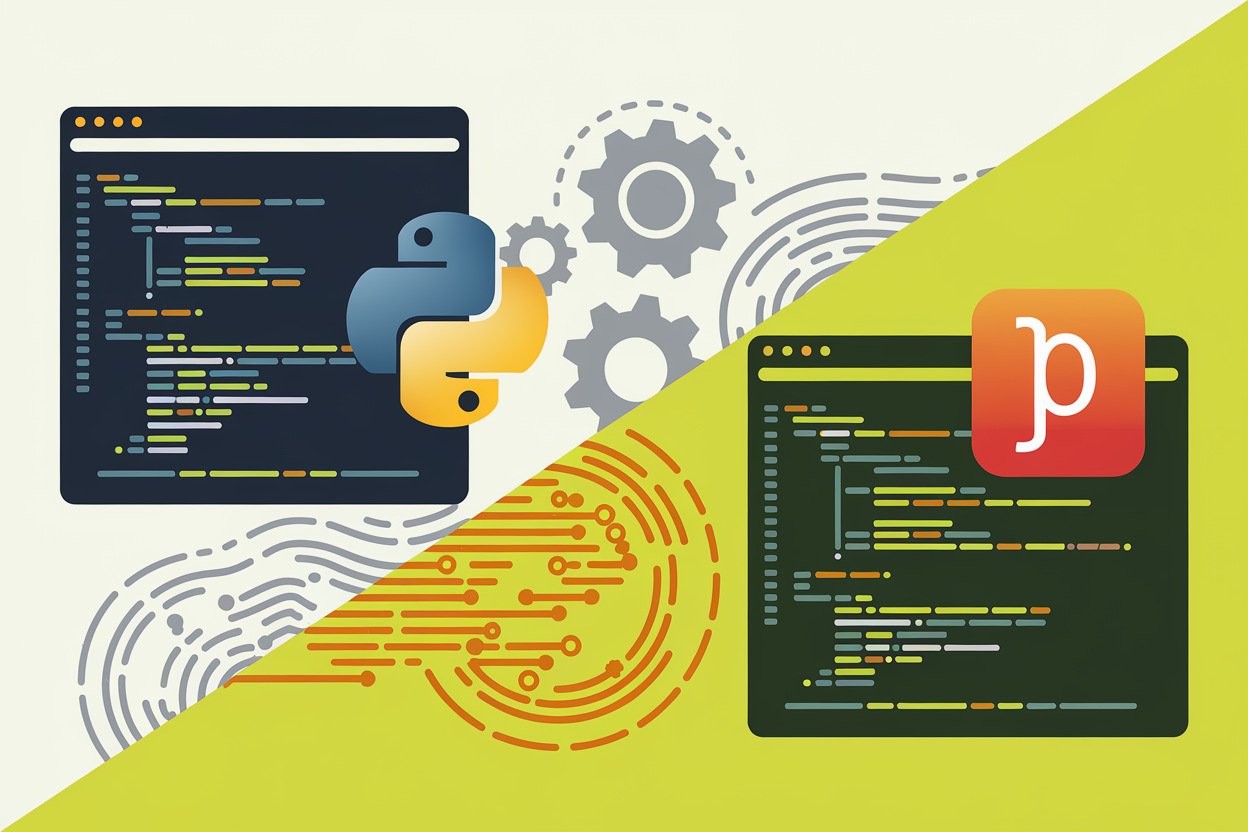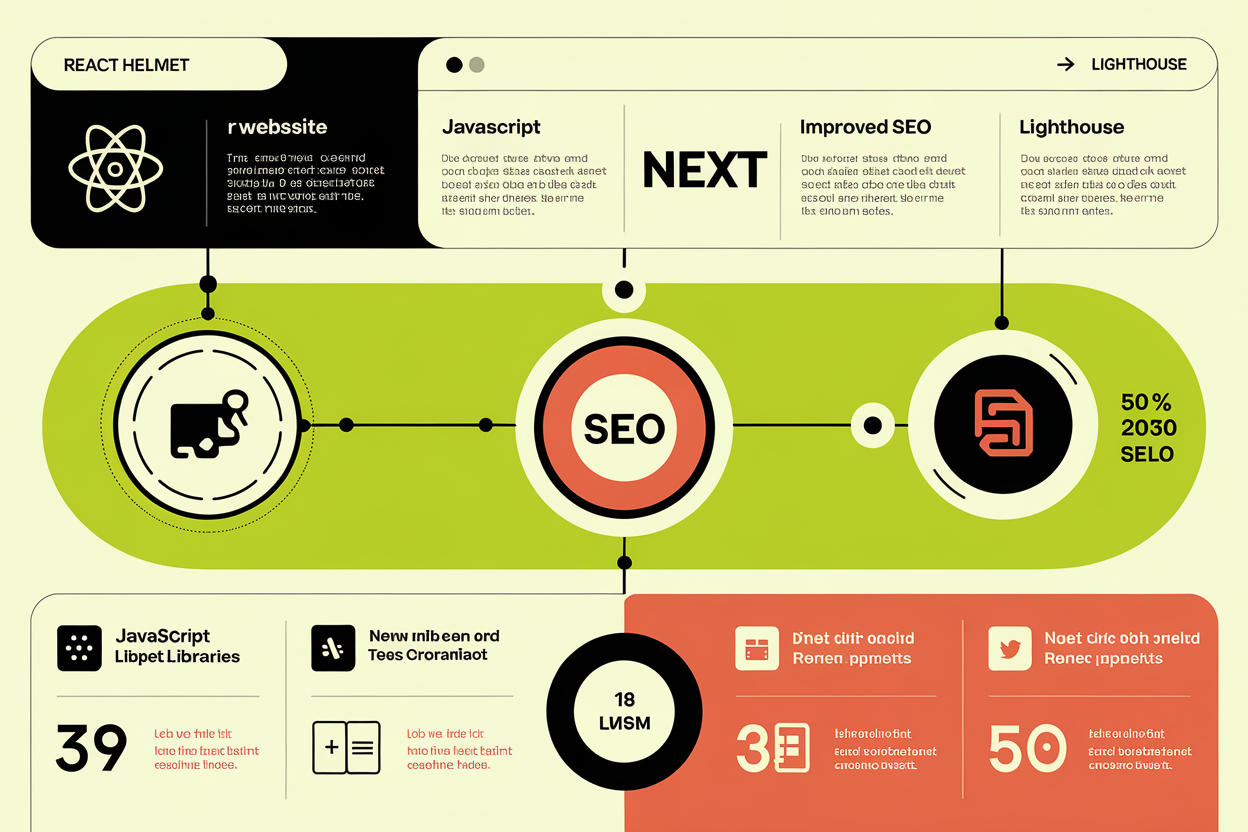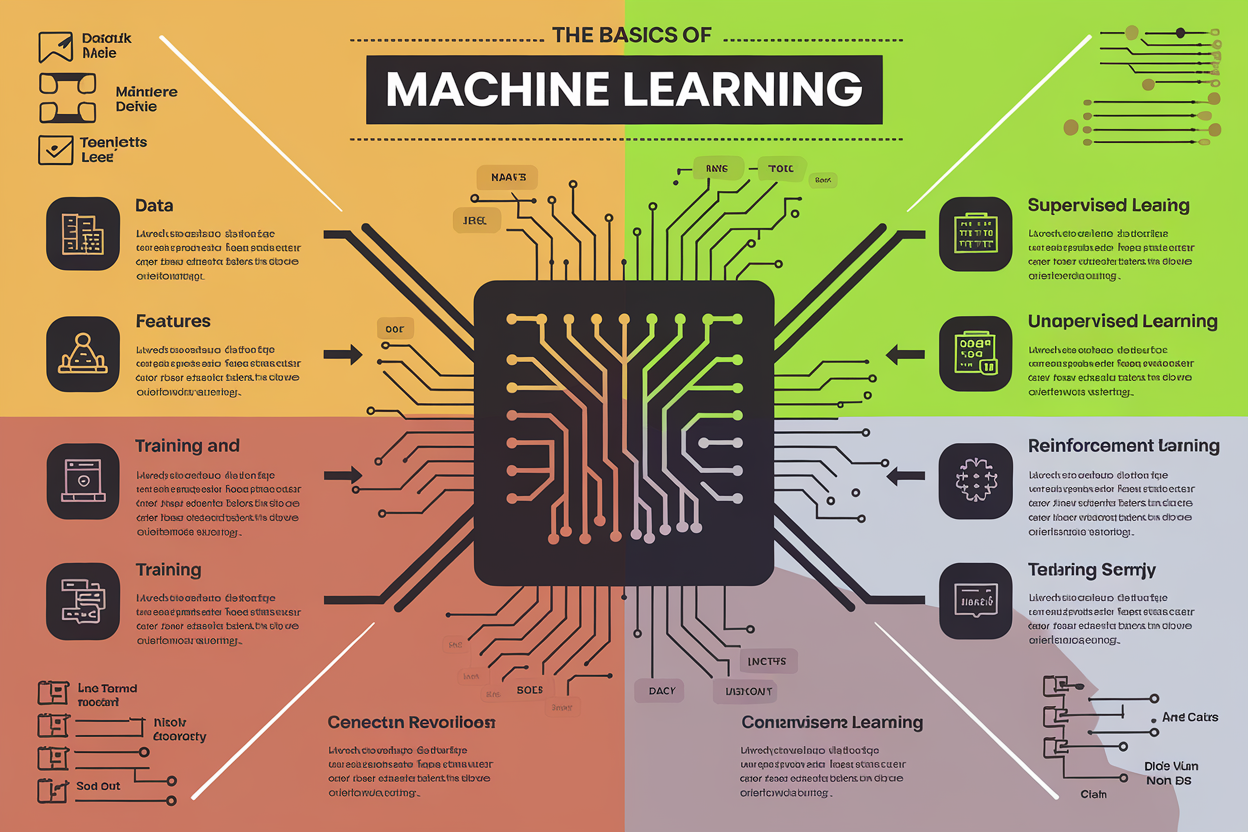Getting Started with Machine Learning: Tools and Resources for Beginners
By Kainat Chaudhary
Introduction to Machine Learning
Machine learning (ML) is a transformative field of artificial intelligence that enables systems to learn from data and improve over time. For beginners looking to enter this exciting field, having the right tools and resources is crucial. This post provides an overview of essential tools, libraries, and educational resources to help you get started with machine learning.
Programming Languages for Machine Learning
Programming languages are the foundation of machine learning. Here are some popular languages used in the field:
- Python: The most widely used language in machine learning due to its simplicity and the vast number of libraries available. Popular libraries include TensorFlow, Keras, and scikit-learn.
- R: Known for its statistical analysis capabilities and a range of packages for machine learning, such as caret and randomForest.
- Julia: Gaining traction for its high performance and ease of use, with libraries like Flux.jl for machine learning.
Essential Machine Learning Libraries
Libraries and frameworks simplify the process of building and training machine learning models. Here are some key libraries to get familiar with:
- TensorFlow: An open-source library developed by Google for building and deploying machine learning models. It supports deep learning and neural networks.
- Keras: A high-level API that runs on top of TensorFlow, making it easier to build and experiment with neural networks.
- scikit-learn: A comprehensive library for classical machine learning algorithms and tools for model evaluation and data preprocessing.
- PyTorch: Developed by Facebook, it provides a flexible and dynamic approach to building neural networks and is widely used in research.
Educational Resources for Learning Machine Learning
There are numerous resources available for learning machine learning, from online courses to textbooks. Here are some recommended resources for beginners:
- Online Courses: Platforms like Coursera, edX, and Udacity offer courses such as Andrew Ng’s Machine Learning course on Coursera and the Deep Learning Specialization.
- Books: Some popular books include 'Hands-On Machine Learning with Scikit-Learn, Keras, and TensorFlow' by Aurélien Géron and 'Pattern Recognition and Machine Learning' by Christopher M. Bishop.
- Tutorials and Blogs: Websites like Towards Data Science and Medium provide tutorials and articles on various machine learning topics and techniques.
- Kaggle: A platform that offers datasets, competitions, and a community of data scientists. It's a great place to practice and improve your skills through hands-on projects.
Setting Up Your Development Environment
To start working with machine learning, you need to set up your development environment. Here are the key steps:
- Install Python: Download and install Python from the official website. Consider using Anaconda, which simplifies package management and deployment.
- Set Up a Code Editor: Popular code editors include Visual Studio Code, PyCharm, and Jupyter Notebook for interactive coding.
- Install Necessary Libraries: Use package managers like pip or conda to install libraries such as TensorFlow, scikit-learn, and Pandas.
Getting Hands-On Experience
The best way to learn machine learning is by applying your knowledge to real-world problems. Start with small projects, participate in Kaggle competitions, and contribute to open-source projects. Hands-on experience will help you solidify your understanding and build a strong portfolio.
Starting with machine learning can be overwhelming, but with the right tools and resources, you can build a solid foundation. Explore programming languages, libraries, and educational platforms to kickstart your journey and begin experimenting with machine learning models.

Automating Repetitive Tasks: Using Python and JavaScript for Web Automation
Learn how to automate repetitive tasks using Python and JavaScript. This guide covers automation with Selenium in Python and Puppeteer in JavaScript, providing examples and best practices for effective web automation.

AI in Web Development: How Machine Learning is Shaping the Future of Websites
Explore how artificial intelligence and machine learning are revolutionizing web development and shaping the future of websites.

Leveraging JavaScript Libraries for Effective SEO Implementation
Learn how to effectively use JavaScript libraries to enhance SEO and improve your website's search engine rankings.

How Machine Learning Algorithms Work: A Deep Dive into the Basics
Explore the fundamental concepts of machine learning algorithms and understand how they process data to make predictions and decisions.